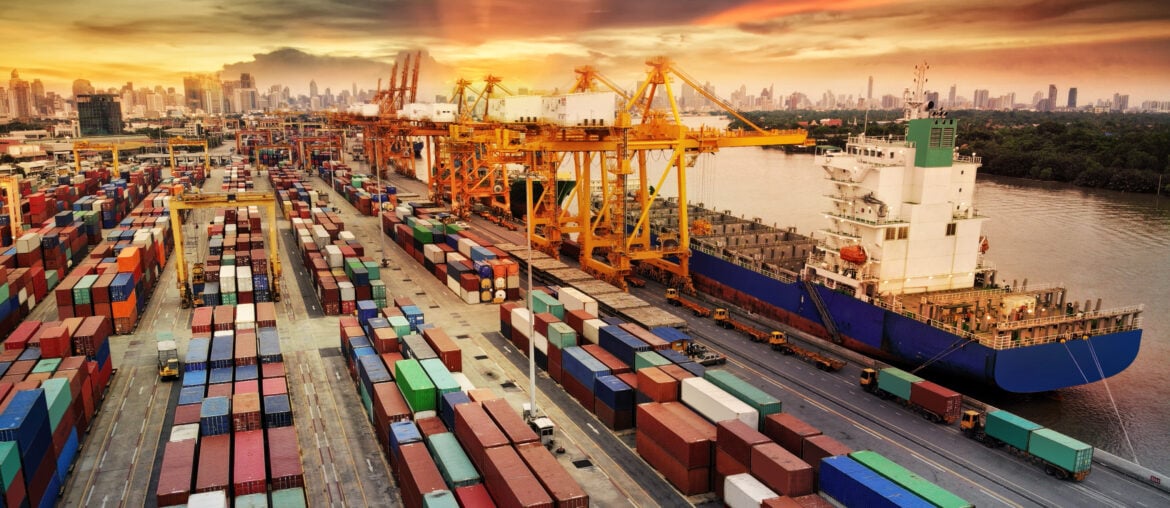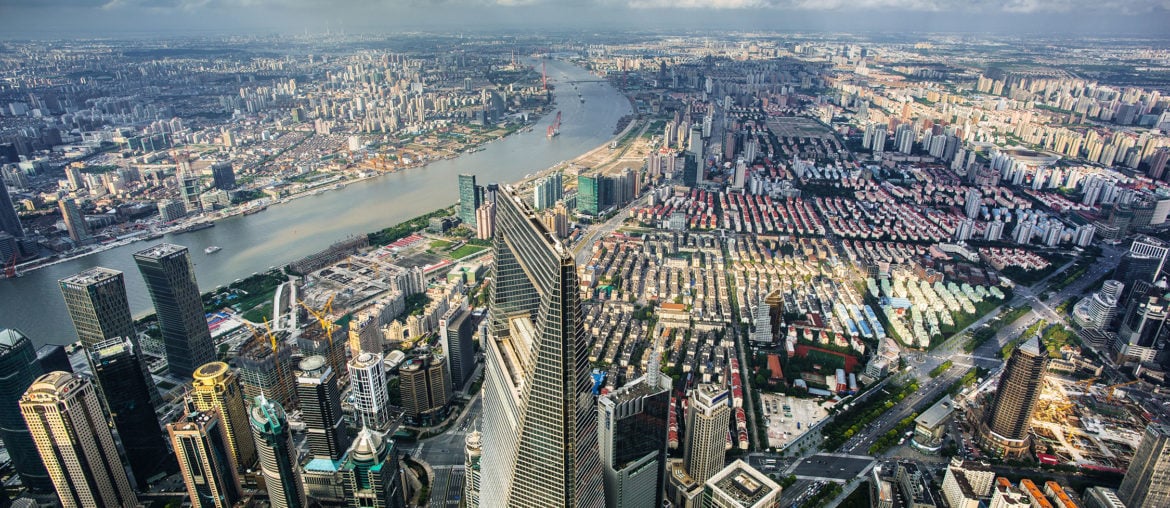On July 25, 2024 the Corporate Sustainability Due Diligence Directive (CSDDD) came into force. Generally, the directive imposes new due diligence obligations on large companies operating in the EU. The legislator requires them to identify, prevent, mitigate, and remediate human rights violations and environmental impacts throughout their entire “chain of actions”. The member states shall transpose the CSDDD into national law by July 26, 2026. As businesses are trying to navigate through this evolving regulatory…
Soon, substantial penalties can be expected for non-compliance with the proposed Corporate Sustainability Due Diligence Directive (“CSDDD”) which oblige companies to implement due diligence processes to address their adverse impact on slavery, child labor, labor exploitation, biodiversity loss, pollution, and environmental degradation. What is new? On 23 February 2022, the EU Commission proposed the CSDDD.[1] Later, on 30 November 2022 the EU Council adopted its negotiating position (“general approach”) on the CSDDD.[2] Recently, on 1…
Today, companies must navigate intertwining ESG compliance requirements in their supply chains spanning across: – Supply chain transparency and due diligence requirements – Trade and import bans – Investigation and litigation risks, and – Reputational and brand risks In the latest webinar as part of our “2022 International Supply Chain Series”, Kerry Contini (Partner, Washington DC) , Nicolai Behr (Partner, Munich) Kevin Coon (Partner, Toronto), Reagan Demas (Partner, Washington DC), Sean Selleck (Partner, Melbourne) and…
Recently, many companies have been taking a closer look at their supply chains to confirm that suppliers are meeting certain standards and complying with internal corporate social responsibility (“CSR”) policies as well as external environmental, social, and governance (“ESG”) objectives or goals. This examination is being driven by stricter regulation and increased pressure from shareholders, consumers, employees, and other stakeholders in the business. Companies looking for ways to ensure their supply chains are environmentally and…
The Annual Compliance Conference begins next week and attracts over 6,000 in-house senior legal and compliance professionals from across the world. This leading compliance conference will be held across five weeks from 6 September – 6 October 2022 We will be virtually delivering our cutting-edge insights and guidance on key global compliance, investigations and ethics issues. Our global experts will provide practical insights and analysis on significant developments:• anti-bribery• corruption and economic crime• customs and FTAs• ESG, supply chain…
This week Florida’s two senators, Marco Rubio and Rick Scott, introduced a bill imposing several China specific public disclosure obligations, including disclosures related to sourcing activities related to products utilizing forced labor from Xinjiang, China (“the Bill”). The Bill would apply to all publicly traded companies and supplements the proposed SEC environmental, social and governance (“ESG”) disclosures, discussed here, and the Uyghur Forced Labor Prevention Act (“UFLPA”), which will come into effect in June 2022…
The SEC’s recently released (and long-awaited) proposed rule changes that will require disclosure of climate-related risks (“the Proposed Rule”) are likely to have significant supply chain implications. The Proposed Rule would require listed companies to disclose information on climate-related risks and Greenhouse gas (“GHG”) emissions; as explained below, both of these disclosure categories include data related to corporate supply chains, and thus the Proposed Rule would essentially require public companies to obtain and analyze climate…
On Monday the SEC released its long-awaited proposed rule changes that will require disclosure of climate-related risks that are reasonably likely to have a material impact on registrants. As noted in its press release, the SEC has focused on climate-specific rules in order to “provide investors with consistent, comparable and decision-useful information for making their investment decisions.” In sum, the Proposed Rule would require listed companies to disclose information in four key areas: (1) governance…
On 23 February 2022, the EU Commission published its proposal for a directive on corporate sustainability due diligence obligations, which aims to foster sustainable and responsible corporate behaviour throughout global value chains. Scope The new due diligence rules will apply to: all EU limited liability companies with 500+ employees and EUR 150 million+ in net turnover worldwide (“Group 1”); and other limited liability companies operating in defined high impact sectors (e.g. the textile, mining and…
In the recent flurry of US Government activity related to Xinjiang, one thing is clear: trade compliance risks continue to increase for companies with supply chains that involve Xinjiang. These latest actions add to the expanding list of companies that face import bans, export bans, and sometimes both, in addition to broader measures under consideration in Congress. This blog post summarizes the past month’s developments. Companies with Xinjiang anywhere in their supply chains should be…









